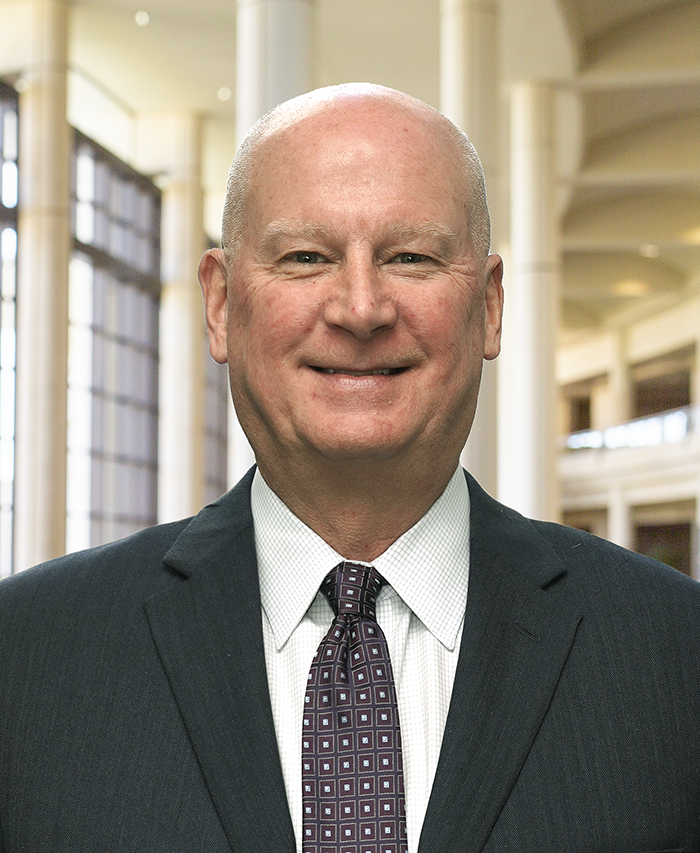Outlook From the C-Suite: Venue Leaders Share Their Biggest Business Concerns

What is the current mindset of CEOs in the event industry? In part two of our series, venue leaders shared what their top business concerns are now and moving into 2024, and how they and their organization are addressing them.
How does the event industry compare against other industries? In part one of our series, we shared an analysis of the KPMG 2023 CEO Outlook — the annual survey of 1,300 CEOs of the world’s largest businesses conducted by KPMG International.
Find out what CEOs from Visit Detroit and Visit Salt Lake told us.
In coming weeks, we will share perspectives from C-level executives that represent contractors and experiential marketing agencies. Stay tuned.
Clifford “Rip” Rippetoe, President & CEO, San Diego Convention Center Corporation

Biggest concern: Risk management
Over the years, the event industry has grappled with a global pandemic, the desire to be zero-waste, issues of inclusivity (especially within the lens of DEI), and the absolute ability to provide a safe space to learn and network together. Although I’m mindful of the many economic, social and political challenges of our global environment, I believe risk management is and will continue to be the most important challenge and opportunity for our industry.
In a recent post on the International Association of Convention Centres (AIPC) website, Wayne Middleton highlighted this challenge, commenting that “unlike other high-risk industries, convention centers often lack effective event risk management.” I agree wholeheartedly.
Risk management, in essence, involves identifying, monitoring and managing potential risks to minimize the negative impact they may have on an organization. The return and the continued recovery of business events not only present lingering challenges, but also open the door for situations that bring risk to creating safe spaces for gathering people together.
Gatherings come with inherent risks, many of these physical in nature and include immediate threats, such as an active shooter. But they also include the ability to understand situational awareness. Freeman research has recently reported that 64% of the exhibit managers working conventions and trade shows today are new to their roles since the pandemic. This awareness brings into question the role of experience when managing gatherings and crowd control, underscoring the importance of assessing future risks in our industry.
Mark Tester, Executive Director, Orange County Convention Center

Biggest concerns: Rising Costs and Talent
One of the biggest challenges we are currently facing is operational issues due to rising costs. Prices of utilities, waste removal, labor and materials have increased significantly and are impacting how we do business, [but] we continue to work with our customers to meet their budgetary needs and create industry-leading events. Additionally, a problem that the entire industry is facing is staffing – we are having to do more with fewer team members.
As a result of the pandemic, there has been a surge of increased visitation to our destination, as well as event attendees. This past year, the OCCC maintained a steady calendar of new and returning meetings and events, resulting in significant guest attendance. During the 2022-2023 fiscal year, the OCCC achieved and sustained near pre-pandemic numbers by hosting 159 events, with approximately 1.5 million attendees, creating an estimated $2.8 billion in economic impact for our region.
Talent retention and acquisition continue to be an ongoing concern due to the demands of our business. As an organization, we are working to innovate our recruitment efforts and create internal award and recognition programs to retain our current staff members.
Danica Tormohlen contributed to this article.


Add new comment